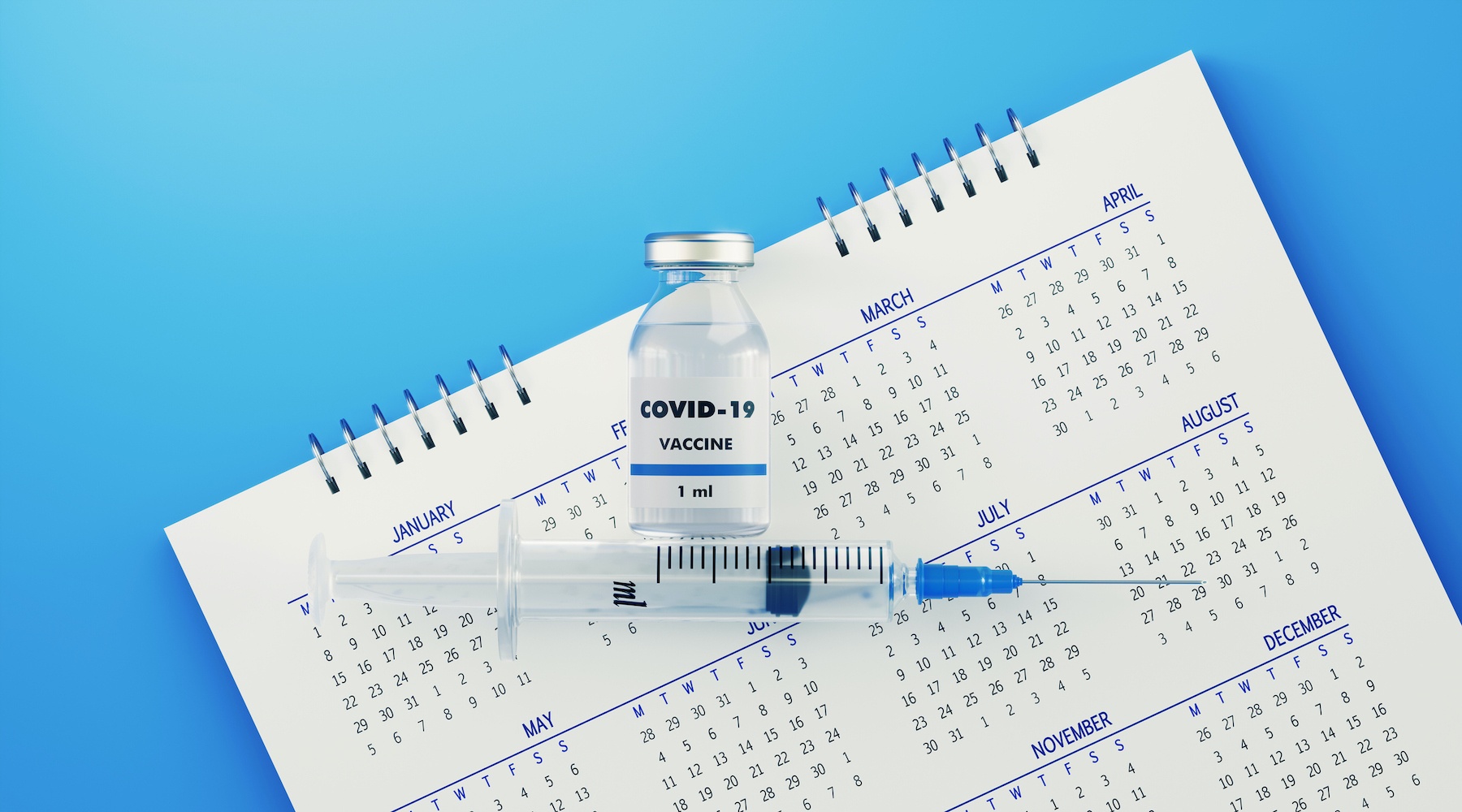Each week, OMRF President Dr. Stephen Prescott opens “Adam’s Journal” to answer a medical question from OMRF Senior Vice President and General Counsel Adam Cohen.
Adam’s Journal
As people have gotten their first doses of Covid-19 vaccines, many worry they won’t be able to get their second shots within the prescribed time windows. Plus, with shortages, some experts have discussed stretching vaccine supply by having people get only a single dose until more is available.
How concerned should people be about getting their shots on schedule? And does it make sense to try to give everyone their first doses before we start administering second shots?
Dr. Prescott Prescribes
The clinical trials of the Pfizer and Moderna vaccines were performed under strict protocols, with research subjects getting their second shots either three (Pfizer) or four (Moderna) weeks after their initial inoculations. Consequently, when we talk about the vaccines’ 95% effectiveness, we really mean that it’s 95% protective when this schedule is followed.
So, how effective is the vaccine if you get the second shot two days late? Two weeks? Two months?
Simply put, we don’t have hard and fast data to answer these questions. But based on what we know from immunological studies of other vaccines, a delay in getting a second dose – even a significant one – shouldn’t compromise the ultimate protection you develop once you get that second shot.
In other words, don’t panic if you miss the window. And don’t worry that you’ll somehow need to start all over again in the two-shot regimen; you won’t.
That said, to the extent you can adhere to the schedule, do it. And while there’s evidence we enjoy some protection after one shot, that protection won’t be as strong, and we don’t know how long it lasts.
That means it’s crucial to get that second shot – and to be especially vigilant while you’re awaiting it. Experts believe people who are “half-immunized” may be at greater risk for spawning new variants of the virus.
“We know that not taking a full course of antibiotics can lead to antibiotic-resistant bacteria,” said Dr. Linda Thompson, an immunologist at the Oklahoma Medical Research Foundation who studies Covid-19. “Here, if you get infected after only one dose of the vaccine, you could encourage the development of mutant strains.”
Vaccines that will require only a single shot are on the horizon. But until they arrive, the two-dose regimen is a must.
–
Do you have a health query for Dr. Prescott? Email contact@omrf.org and your question may be answered in a future column!



